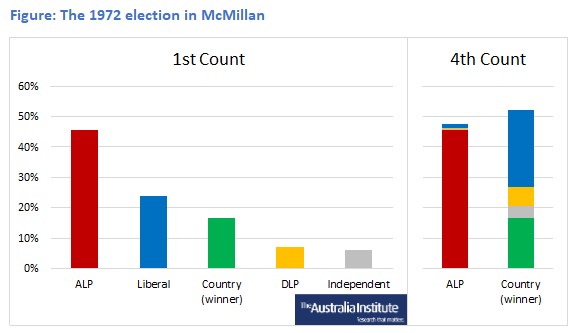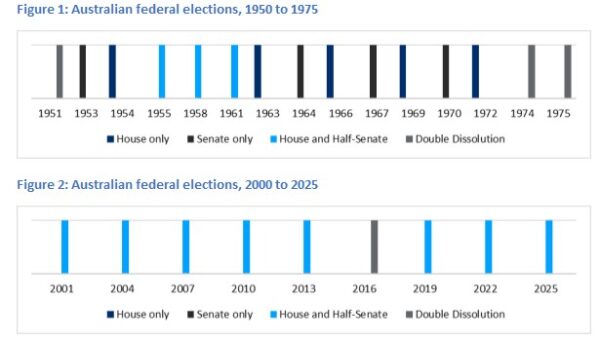The environment doesn’t care who’s in government — but Australians should. If we want to avoid catastrophic climate and biodiversity collapse, the next parliament has a clear path forward.
Here are five urgent, evidence-based actions ready to go.
No new fossil fuel projects
Australia’s fossil fuel projects are already contributing to climate change. New projects will add to the impact.
Every new fossil fuel project locks in emissions for decades. Every year we delay deeper cuts, we shrink our chances of a liveable future.
Australian governments continue to approve coal and gas developments, and there are around 100 more ‘under development’ according to government sources.
Australia does not need to approve new gas and coal projects for energy. In fact, most of Australia’s gas and coal is exported to other countries. But no matter where in the world it is burned, it still contributes to the climate change Australians want to avoid.


